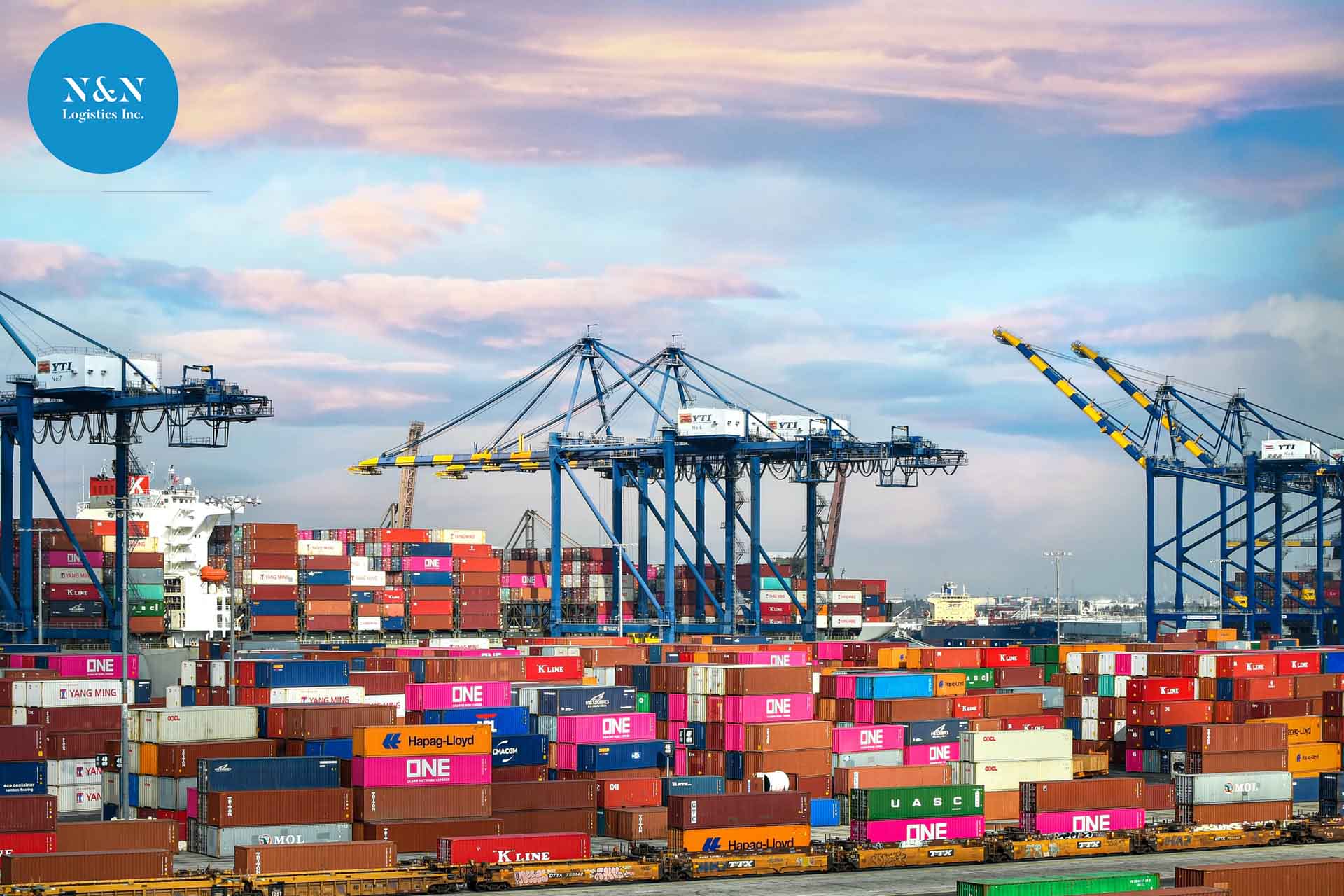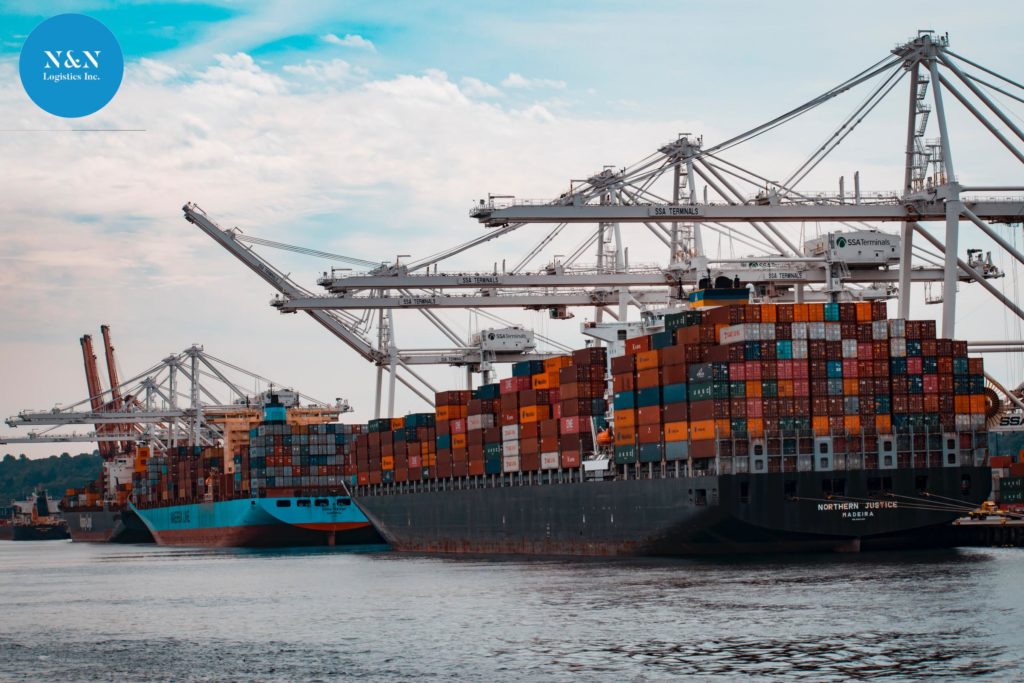Freight truck carriers (also sometimes referred to as non-freight intermodal carriers) are independent third-party logistics firms that provide shipping services to move consumer/commercial goods from the manufacturing facility to the final customer. A Good Truck carrieris also commonly referred to a freight forwarder or a forwarding company. In the United States, there are currently three main freight forwarding companies: DHL, OXO, and FedEx. All of these companies utilize different fleets of trucks and other royaltyspeed for their respective services.
Low-Cost Carrier
The most common type of commercial trucking carrier is a low-cost carrier that generally provides door-to-door delivery and pick-up services. Freight shipments are made between two points. One on the east coast and one on the west coast, making it easy for shippers. To move small package carriers or widgets between locations. These types of shippers typically have access to long distances and are very flexible in their shipping terms. However, a cargo door shipping service has the fastest turn-around time. Door-to-door shipping may not be suitable for large loads such as furniture or electronics because of increased risk of robbery.
Smaller Loads
An all-in-one carrier such as an American Automobile Association or UPS is a good choice for smaller loads. These companies are able to provide door-to-door delivery with higher levels of customer service and security. Other common trucking carriers are the post office, U.S. customs brokers, Canadian carriers, and international freight brokers. These companies tend to focus on the larger loads more than the small loads.
Revenue of Truck Carrier
According to industry experts, truck carrier earn most of their revenue through non-fee-for-service routes. Freight brokers earn most of their revenue through fee-for-service routes. According to historical data, most truck carrier earn revenue through fee-for-service routes at least 80% of the time. Some of the factors considered by these trucking carriers include the size of the load. The distance the load has to be driven, the driver’s experience, and the trucking carrier’s ability to handle heavy loads. A trucking carrier’s ability to handle loads usually refers to its weight capacity. Which is calculated by adding the gross weight of the whole truck to its empty weight.
Brokers
There are different types of brokers or shipping agencies available for customers to choose from. The shipper can choose a registered freight broker or he/she can go for an independent freight agent. Registered agents are authorized by the Federal Motor Carrier Safety Administration. Or the Department of Transportation to transport trucks and cars. Independent brokers are not authorized by the government agencies and they do not hold licenses. Since there are many of these types of agencies today. It is important for the shipper to research each one to ensure. That he/she is doing business with a qualified and legitimate agent.
In addition, the shipper can look for freight brokers who are members of the Canadian Trucking Association. Or AMSA or the National Futile Export Association or NSAAA. These associations require their freight agents to meet certain standards and they have to maintain continuous professional development programs. These organizations also set the standards for the freight carriers. Who can meet them through the certification program maintained by the NSAAA. This program is conducted by the National Automobile Dealers Association or NADA.
Clients
Freight brokers are paid by the companies they serve. So they usually try to find more clients who will be willing to pay them more. However, there are times when a shipper simply doesn’t have enough empty miles in his fleet. If he can’t get new clients to replace the ones he eliminates, then his income would be negatively affected. If you are a shipper who needs to make lots of empty miles in your truck. Then it would be better if you find another carrier to work with. But you can still work with a broker who can fill up those empty miles for you.
Conclusion
Brokers charge a fee for each load that is delivered and it varies from one company to another. Most of them charge $50 or more per load, but some may offer more attractive packages forbigger loads. However, you have to make sure that the package you’re being offered includes all the necessary insurances. Which are required by most states. Brokers normally include worldwide coverage in the package. As well as liability insurance, theft insurance, and public or property damage insurance, among others. Trucking brokers don’t necessarily provide air cargo or sea shipping, but they may offer other types of trucking service.


